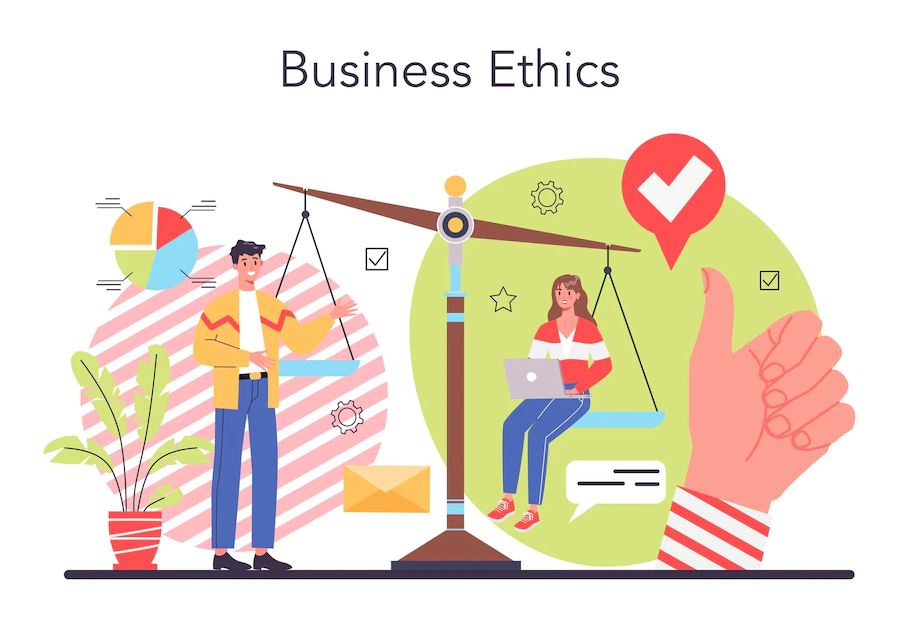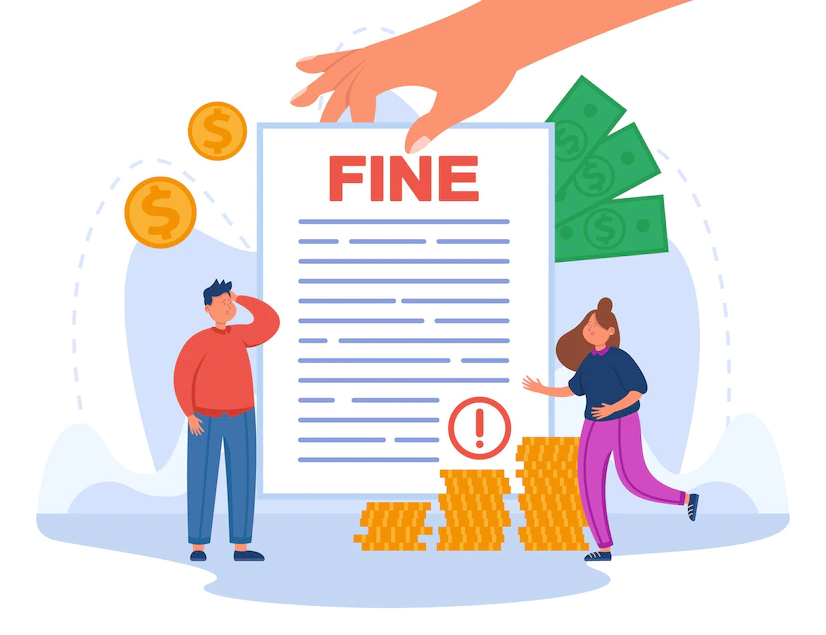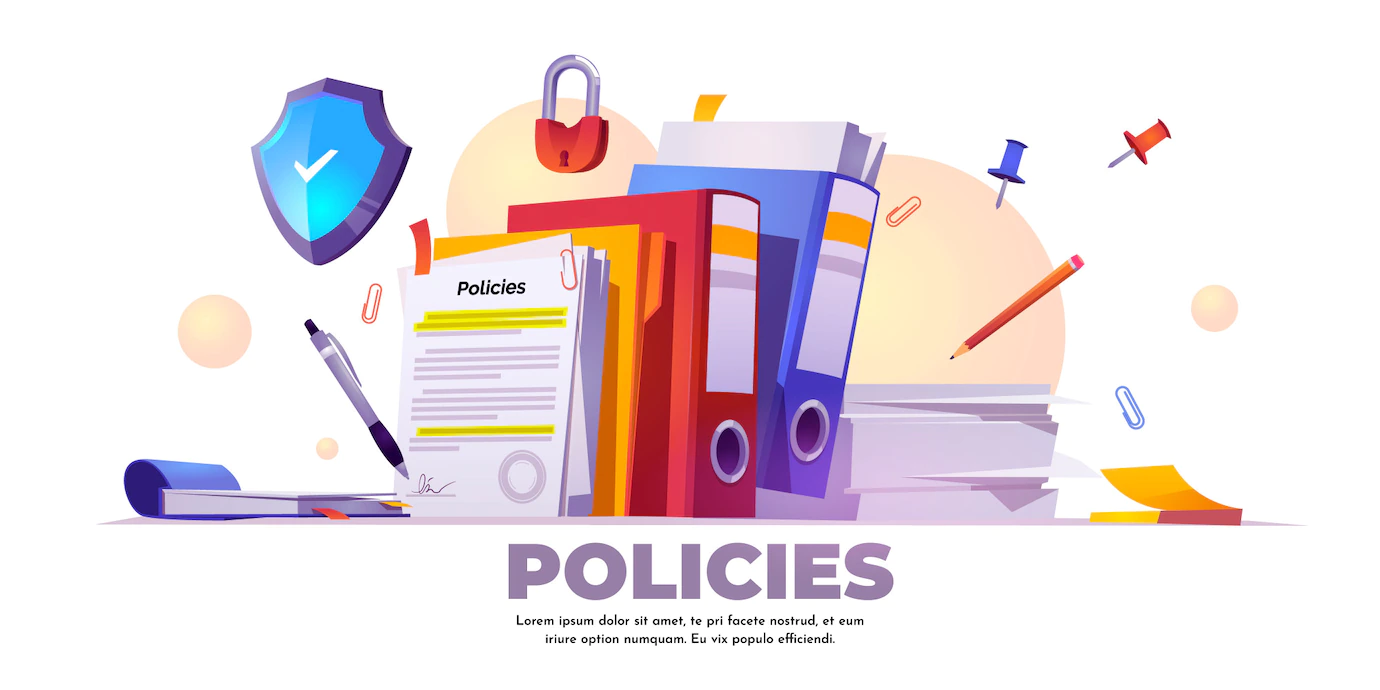The importance of compliance cannot be undermined. When it comes to insurance regulations, we all pursue the same goal. Every company aims to provide the best protection for its clients. How can you be sure that you are working towards the same goal?
When it comes to pursuing compliance, the first step is to look inward. What steps has your company taken to ensure that it meets the regulatory guidelines? Is documentation readily available for customers to enrol themselves in a quality policy?
Compliance is necessary in all industries, but it's more crucial in insurance. The cost of non-compliance is nearly three times higher than the cost of compliance. According to studies, average compliance costs amounted to $5.47 million, while non-compliance costs resulted in an average of $14.82 million.
This points to the dire need for compliance in the insurance sector and signifies the impact of non-compliance. Let us see the best practices an insurance company must follow for effective compliance.
Develop a Culture of Compliance

A compliance culture is necessary for any successful insurance company. It enables you to gain the respect and confidence of both your clients and the people who work for you.Create a transparent culture at your company that values both compliance and ethical conduct. Regular employee meetings should be used to reinforce this throughout the organization.
Train your staff about integrity and ethics. All personnel must be aware of the value of compliance when working with clients, suppliers, partners, and other business relations.
Be Proactive to Avoid Regulatory Fines

It's easy to get caught up in the day-to-day operations of your company and lose sight of the bigger picture when you work in the insurance industry. This can lead to serious problems in the future, such as regulatory fines.
You must be proactive in terms of risk management to avoid these fines and keep your company in compliance with all applicable laws. Here are some best practises for doing so:
- Stay up to date with industry regulations by reading publications and attending industry-related seminars and conferences.
- Create a compliance plan that encompasses all aspects of your business, from marketing materials to customer services. Make sure employees are trained on how to follow this plan.
- Check the accuracy and efficiency of internal processes and procedures on a regular basis. Don't overlook minor things like who needs to sign off on certain paperwork.
- Make certain that employees understand their roles within the larger compliance structure, and that they are aware of who else must be involved in certain decisions (e.g., legal counsel).
- Make sure employees are aware of their responsibilities within the compliance structure.
Leverage Automation in Compliance

Automation is the key to compliance. The days of managing compliance manually are over. These are the benefits of using automation when it comes to compliance procedures:
- Digitizing policy renewals helps send documents to the right people, in the right format, at the right time.
- Automation can guarantee that every step of the process is carried out accurately.
- Automating your compliance processes will allow you to reduce the amount of time it takes for each procedure, making it easier for your staff to focus on more productive tasks.
- Automation of repetitive tasks will help you develop a more effective compliance programme that will protect your business from exorbitant fines and penalties.
Structure Your Compliance According to your Risk Tolerance

Since the insurance sector is constantly evolving, it's important to keep up with the developments in your niche.
Structure your compliance policies according to their risk tolerance levels. For instance, you don’t need to have a comprehensive compliance programme in place if your organization is small, has few resources and no clients at a high risk for non-compliance.
However, if you are managing large accounts with complex requirements, it is essential to have a robust compliance programme in place. This helps meet all your clients’ needs while also remaining fully compliant with all laws and regulations governing your industry sector.
Be Future Ready with Exdion
The Exdion insurance certificate compliance solution ensures compliance with all the security, privacy and data protection requirements. Our automated processes quickly validate vendor certificates and ensure they meet the parameters that your company has set in place. The solution includes visual indicators and email alerts. This ensures that you are always aware of when vendors are up for renewal and take the appropriate action.
The Certificate Compliance Platform is a game-changing technology that improves client retention, decreases cost per certificate up to 33% and minimises E&O exposures.
Partner with Exdion and be future ready!




